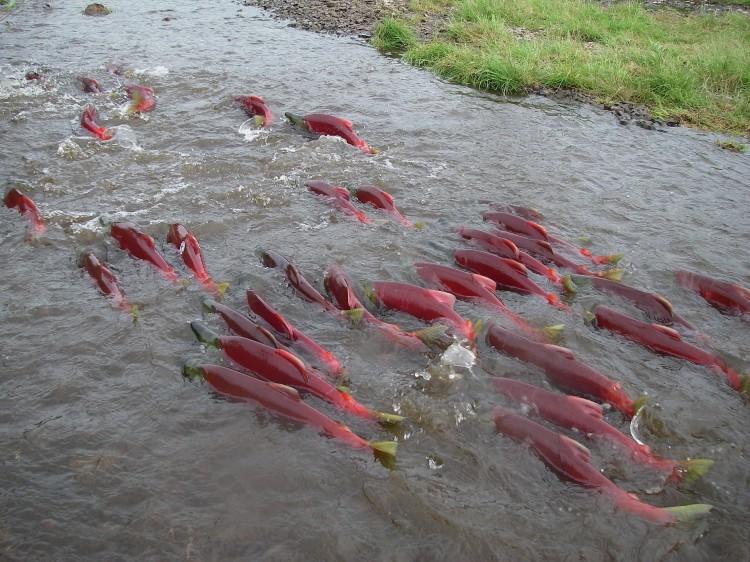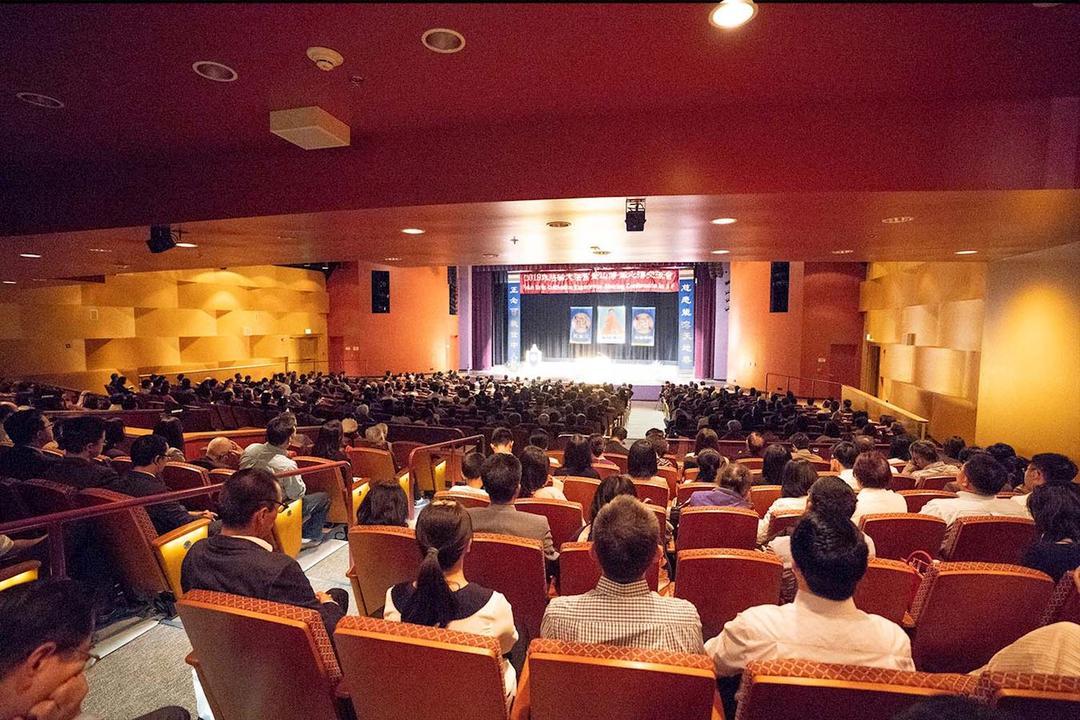After traveling the Pacific Ocean for years, sockeye salmon find their way home to their birthplaces using the Earth’s magnetic field, new U.S. research has shown.
“To find their way back home across thousands of kilometers of ocean, salmon imprint on the magnetic field that exists where they first enter the sea as juveniles,” study co-author Nathan Putman of Oregon State University said in a press release.
“Upon reaching maturity, they seek the coastal location with the same magnetic field.”
Scientists long suspected the salmon were using a magnetic map, but were unable to confirm it until recently. The Fraser River in British Columbia provided a useful way to study how salmon navigate.
“When they attempt to return, they are confronted with a giant obstacle: Vancouver Island is blocking direct access to their river!” Putman explained.
“So the fish must make a choice: do they use the northern inlet or the southern inlet in their detour?”
Since Earth’s magnetic field shifts over time, salmon that left the Fraser River two years ago might find a slightly different magnetic field when they return. Their magnetic map might guide them to choose the other inlet.
Since the 1950s, fisheries have been gathering data about salmon returning to this area. When they compared it with predicted changes in the magnetic field, they found that the magnetic field indeed affected the choices the salmon made.
However, Putman says this magnetic map may not work as well for salmon raised in hatcheries.
“If, for instance, hatchery fish are incubated in conditions with lots of electrical wires and iron pipes around that distort the magnetic field, then it is conceivable that they might be worse at navigating than their wild counterparts,” he said.
The paper was published online in the journal Current Biology on Feb. 7.
The Epoch Times publishes in 35 countries and in 21 languages. Subscribe to our e-newsletter.






